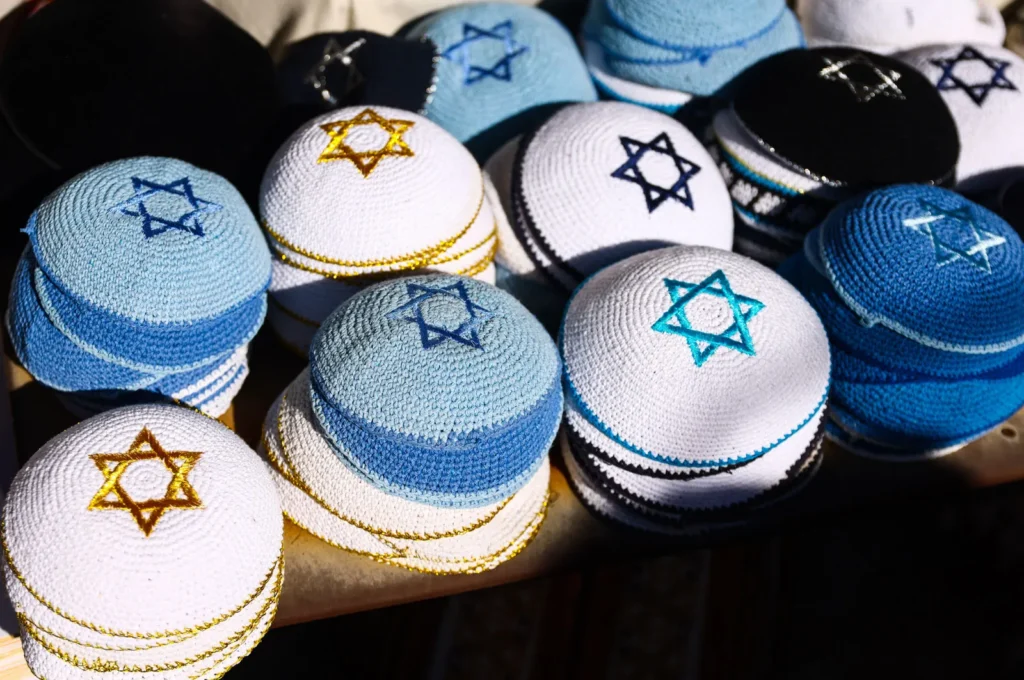
For generations, the kippah—also called a yarmulke in Yiddish—has served as a powerful symbol of Jewish faith, humility, and identity. Traditionally worn by men and boys as a visible reminder of reverence and spiritual connection, the kippah signifies one’s awareness of the presence of God above. Whether worn daily or during prayer, holidays, and life milestones, this small head covering holds deep meaning across Jewish communities around the world.
But as times change and individual expression becomes more central to how people celebrate their heritage, the kippah has also evolved. In today’s modern world, it’s no longer seen as just a religious garment—it has grown into something personal, expressive, and even artistic. More and more, individuals and families are turning to custom kippahs to blend time-honored tradition with modern aesthetics and individuality.
From luxurious velvets and hand-embroidered logos to personalized messages stitched on the inside lining, custom kippahs are redefining how people wear their faith. They’re being embraced not only for their religious significance but also for their ability to reflect cultural identity, creativity, and meaningful life events.

Whether it’s a family planning custom kippahs as favors for a bar or bat mitzvah, a couple choosing coordinated designs for their wedding, or someone simply wanting a kippah that feels more personal for everyday wear—this new wave of customization is deeply rooted in the same values the kippah has always stood for: respect, belonging, and connection.
In this complete and updated guide, we’ll take you through everything you need to know about custom kippahs—from their spiritual origins to the latest design trends, customization tips, and sustainability practices.
Why This Guide Matters
As Jewish life continues to evolve—becoming more inclusive, more creative, and more connected—so too does the way people interact with symbols like the kippah. Choosing a custom kippah is no longer just about style. It’s about saying:
“I see my heritage, I honor my roots, and I choose to represent them in a way that reflects who I am today.”
Whether you’re deep in the design process or just starting to explore the idea, this guide is here to help you navigate the world of custom kippahs with clarity, inspiration, and respect.
What Is a Kippah and Why Is It Worn?
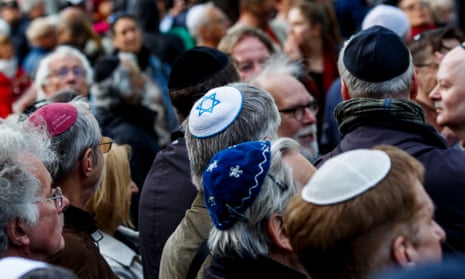
The kippah (Hebrew: כִּפָּה), also called a yarmulke in Yiddish, is a small, rounded cap worn on the head as a sign of respect and recognition of divine authority. In Jewish tradition, it’s often worn during prayer, Torah study, meals, or all day—depending on personal observance or community standards.
Its Deeper Symbolism Includes:
- Humility before G-d
- Connection to Jewish identity
- Continuity of cultural and religious values
Wearing a kippah is a personal and communal statement, and for many, it becomes part of their daily identity. Over the years, the simple skullcap has evolved in design—shifting from strictly plain and functional to something stylish, symbolic, and custom-designed.
Why Are Custom Kippahs Gaining Popularity in 2025?
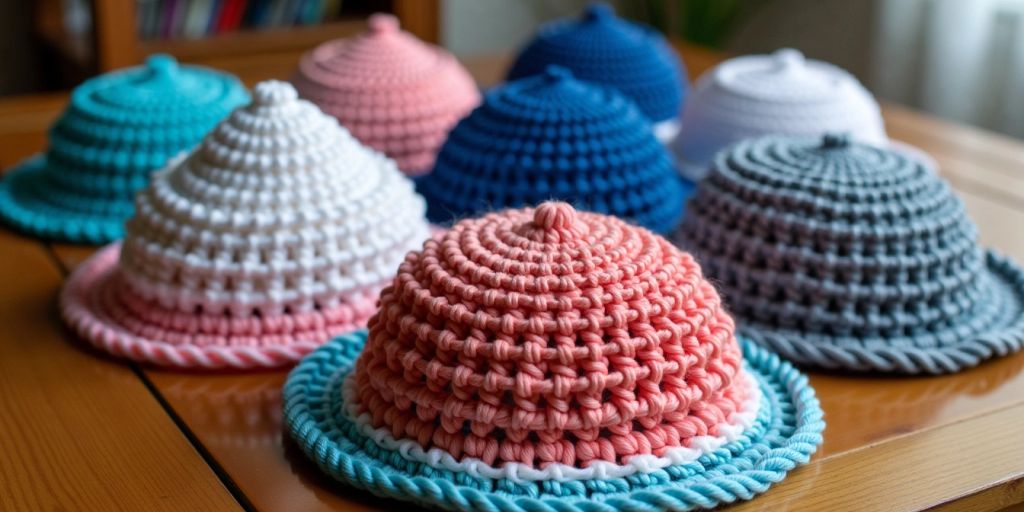
Custom kippahs have seen a major rise in popularity—and it’s easy to see why. Whether for celebrations, events, or everyday wear, a custom design gives deeper meaning to this already meaningful piece.
Here’s Why They’re More Popular Than Ever:
- Personalization: Choose colors, fabrics, embroidery, and even logos or initials
- Modern fashion awareness: People want kippahs that match their suits, event themes, or personal style
- Gifting tradition: Custom kippahs are a beautiful, functional gift for guests at weddings, bar/bat mitzvahs, bris ceremonies, and more
- Identity celebration: Custom designs can represent schools, organizations, or shared family heritage
- Comfort and fit: Today’s kippahs can be customized not just in style—but also in shape, size, and comfort
In a world where people want everything to feel more “them,” the kippah is no exception. It’s now common to see custom kippahs at large Jewish gatherings—color-coordinated, monogrammed, or even matching a specific aesthetic.
Popular Materials for Custom Kippahs
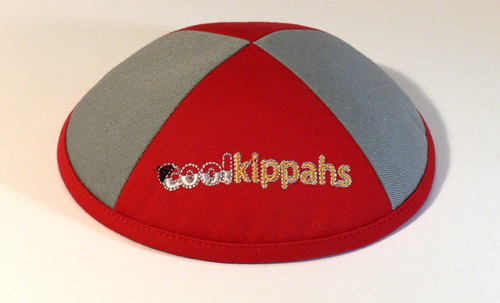
There’s a fabric and texture for every taste. Here are the most popular materials for custom kippahs today:
1. Suede
- Soft, traditional, and elegant
- Great for embossing initials or logos
- Holds shape well and stays put on the head
2. Velvet
- Plush and luxurious—great for formal events
- Often used in black or rich jewel tones
- Popular in Chassidic and Sephardic communities
3. Satin
- Smooth, shiny, and sleek
- Often used for bar/bat mitzvahs and weddings
- Lightweight and easy to print or embroider
4. Leather
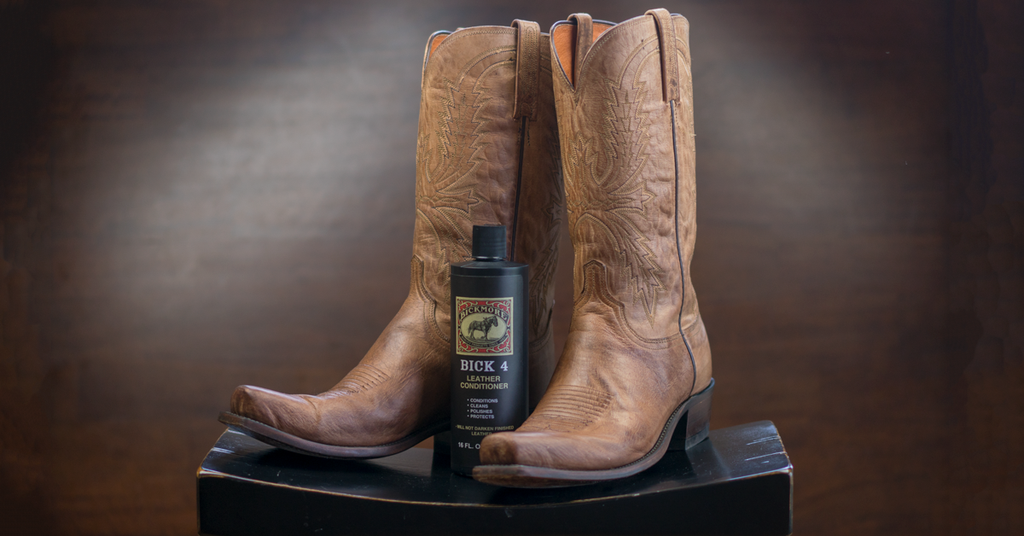
- High-end and statement-making
- Best for minimalist, stylish looks
- Durable for everyday wear
5. Knit or Crocheted (Kippot Srugot)
- Handmade or machine-knit
- Especially popular in Israel and modern Orthodox communities
- Symbolic and rooted in religious Zionism
6. Cotton or Linen
- Breathable and casual
- Great for summer or outdoor events
- Easy to match with everyday clothing
Customization Options: Make It Meaningful

Designing a custom kippah gives you full control over how it looks, feels, and what it says about you or your event.
Here’s What You Can Personalize:
- Fabric type and color palette
- Lining (matching or contrast color)
- Monograms, Hebrew text, initials, or logos
- Embroidery or printed details (inside or outside)
- Event details (e.g., “Joshua’s Bar Mitzvah – May 2025”)
- Trim, piping, or decorative stitching
- Size and fit (standard, larger sizes, clips or bands)
Whether you’re ordering for 300 wedding guests or designing just one special piece for daily use, the design possibilities are endless and meaningful.
Occasions That Call for Custom Kippahs
Custom kippahs are worn for many occasions, each bringing its own layer of significance.
Most Popular Uses Include:
- Weddings – Often coordinate with color themes, gifted to guests
- Bar and Bat Mitzvahs – Personalized with name, date, and design
- Bris or Baby Naming Ceremonies – Often given to family and close friends
- High Holidays or Shabbat Services – Special, formal designs for sacred moments
- Graduations and Community Events – School or organizational branding
- Daily Wear – Designed to reflect personality or favorite colors
They’re not just functional—they serve as lasting mementos of a joyful or sacred experience.
Modern Meets Tradition: How Custom Kippahs Honor Both

You don’t have to sacrifice spiritual significance for style. In fact, modern custom kippahs often strengthen the connection to tradition by inviting more personal involvement and intention into the design process.
Today’s custom kippahs offer:
- Modern design with deep-rooted symbolism
- A balance of modesty and individuality
- Opportunities for artistic expression and religious pride
Many families even pass down heirloom kippahs or save custom pieces as keepsakes—turning style into memory.
Sustainability and Ethical Considerations

Like with many areas of fashion, buyers are becoming more conscious about how and where their kippahs are made.
Tips for Choosing Ethical Custom Kippahs:
- Buy from trusted vendors that disclose sourcing and labor practices
- Look for eco-friendly materials, like organic cotton or recycled fabric
- Support local artisans or Jewish-owned small businesses
- Order in bulk for events to reduce waste and emissions
- Avoid unnecessary packaging when possible
A beautiful, meaningful kippah should reflect your values as much as your style.
Table of Contents
FAQs About Custom Kippahs
Q1: How much do custom kippahs usually cost?
Prices vary based on material, design complexity, and quantity. On average, bulk orders range from $2–$6 per piece, while single custom-made kippahs can range from $15–$50.
Q2: How far in advance should I order for a wedding or event?
At least 6–8 weeks in advance is ideal, especially for bulk orders. This allows time for design approval, production, and shipping.
Q3: Can I mix colors and styles in one order?
Yes! Many vendors allow mixed designs or color sets, especially for events with varied themes or to reflect diverse family traditions.
Q4: Are there child-size custom kippahs?
Absolutely. You can request smaller sizes for kids or toddlers to ensure a comfortable fit.
Q5: Can I include Hebrew text or prayer verses?
Yes—most custom kippah designers offer full Hebrew customization, including Torah verses, names, or blessings.
Final Thoughts: A Small Cap, A Big Statement
In many ways, the kippah has always been more than a head covering—it’s a visible sign of faith, tradition, identity, and respect. And now, with the rise of custom kippahs, it has also become a way to celebrate individuality, style, and connection to community.
Whether you’re creating something for a once-in-a-lifetime moment or elevating your daily spiritual routine, a custom kippah lets you bring intention, design, and meaning together in a simple yet profound accessory.
So if you’re planning an upcoming simcha, looking for a memorable gift, or simply want to wear something that reflects both who you are and what you believe—custom kippahs offer the perfect blend of timeless tradition and modern expression.